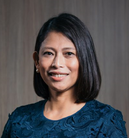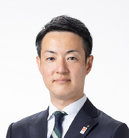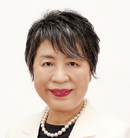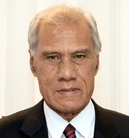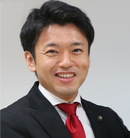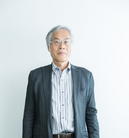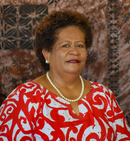Tsukiji, officially the New Daokan State is a limited-recognition independent city-state in the Doggerlands, bordering Marino to the east and Castrun Nova to the west. Founded as part of the Chrysalis Project- an experimental ethno-nationalist campaign to form a new Daokan settlement in the Doggerlands- Tsukiji is a culturally homogenous city-state, consisting of a dominant Daokan majority population.
History
Origins of the Movement
Much of the origin of the movement has been prompted by the continued exile of Daokan people from their homelands. Having founded the cities of Sentosa and Lorikeet, their ongoing occupation angered many. With Marino accepting the majority of immigrants from these cities, it allowed a platform for Daokan contemplation post-exodus. Traumas run high for many exiled immigrants, particularly those from Sentosa, and there are fears that with the wrong platform Marino could turn against its Daokan residents.
The Chrysalis Project
To mitigate against the effect of such occurrences a number of Daokan politicians undertook research into the prospect of developing an autonomous region of Marino exclusively for Daokan people. Proto-type models of the city were made and Mandalay in the far west of the city was chosen as the preferred site. While the project progressed in far right-wing Daokan political spheres, gaining much traction within the Fortify Marino party, it encountered numerous obstacles first arising with the centre-right and centrist parties of Marino. The right-wing Daokan Unionist Party, which seeks to bring Marino, Lorikeet and Sentosa into a common union, dismissed the idea as a 'neglect towards the Marinian political system which has protected us'. The Liberal Conservative party saw the establishment of a single-ethnicity autonomous region as a risk to the stability of the Metro-State. The LibCon government soon pursued mass building projects in Mandalay and in Malvinas, two proposed districts for the autonomous Daokan region.
Without Marino government support, the Chrysalis Project emerged as a means of establishing a Daokan 'safe zone' autonomously. By 3022, the DAOKO corporation, heavily in favour of the Chrysalis Project, pursued the purchase of a large plot of land on the outskirts of Marino, citing the use for educational campus purposes, moving from its current Malvinas campus to the far west of the city. First developing an artificial bay, the construction of numerous accommodation blocks tested former Daokan building techniques and their applicability on the site. In this time, DAOKO Corporation had secured a linkage to Marino through the Tsukiji rail expansion, and subsequently established roads, a metro-system and a new airfield.
Independence
While never formally occupied, the government of Tsukiji perceives independence as having been gained from the 'malevolent shackles of melting-pot democracies', moreover as a breakaway Daokan government. It announced its breakaway from Marino in August 3022. Until present, the Marino government has continued not to recognize the state as legitimate, and has used its powerful political influence to prevent the city from being recognized by its neighbours. Nonetheless, the government of Marino has not imposed business or trade sanctions on the state of Tsukiji, a move that has been criticized by the leading opposition party, the Greens, whose leader (Alice Tzu-yu) claims that "in its inaction over condemning Tsukiji, the LibCon government of Marino has essentially promoted the business interests of the nation". Tzu-yu's claims have been substantiated by the exile of numerous Daokan companies formerly headquartered in Marino, most notably the DAOKO Corporation.
Politics
Tsukiji operates within a unitary one-party republic political system. Officially, only one party exists in Tsukiji, the Daokan System Party (DSP). It is formed largely of DAOKO Corporation officials, stakeholders and beneficiaries, alongside a number of influential Daokan scholars, historians, politicians and religious figures. Tsukiji has not yet held any form of election. In the stages of formation, the governing Daokan System Party has operated a system of absolutism. Government officials have reviewed this structure as indicative of Tsukiji's need for stability to build up the fledgling state. The DSP has expressed willingness to maintain free and fair elections in the future.
Government
Tsukiji's governmental system is centred around the powers of the President. Typically, it is the president who gets the final say in all government decisions. They, however, are surrounded by two official government cabinets consisting of Ministers in charge of each corresponding government department. The inner cabinet, consisting of the departments of Defence, Home Affairs, Foreign Affairs, National Development and Daokan Culture, are the most powerful departments and play a large role in influencing the decisions of the President. These five departments will correspond on issues of national emergency, security and policy. Their status is often secretive, and their meetings are often the most influential in shaping the state of the nation. The outer cabinet by contrast is more transparent and represents a far wider assortment of interests. It consists of the aforementioned departments in addition to the departments of the Environment; Health; Work and Pensions; Agriculture; Transport; Education; Business; Tourism; International Development; Traditional Revivalism, as well as the Shintoist Office and the Zen Buddhist Office.

